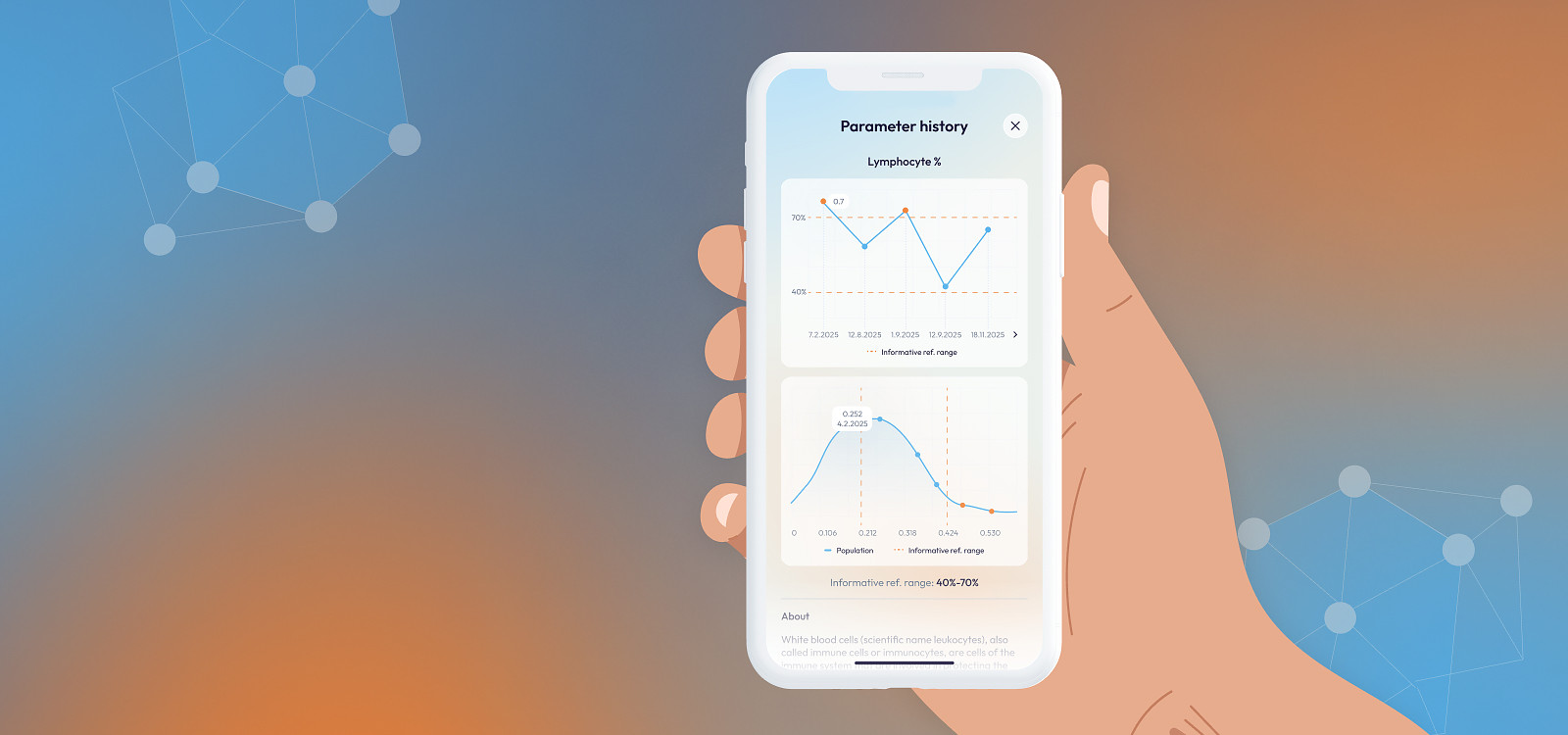Parameter Tuesday: CREATININE
Your liver produces creatine, a chemical that serves as a high energy source for your muscles. As you use your muscles, the muscle tissue breaks down and uses this energy. In this process, creatine becomes creatinine which is then released into your bloodstream. Kidneys filter creatinine which leaves your body through urine. In summary, creatinine is a waste product of your muscles. The greater your muscle mass, the higher your creatinine levels will be.
The kidneys' main function is to filter the blood and remove your body’s waste and any extra fluid. Since creatinine is filtered out of your body by your kidneys and excreted through urine, creatinine levels give great insight into your kidney function. It is usually measured to determine kidney disease or kidney damage.
High levels of creatinine are most likely due to the kidneys not functioning properly, which can be a result of a kidney infection, kidney stones, or kidney failure. People with diabetes, high blood pressure, or heart failure are more prone to having kidney damage and, therefore, high creatinine levels. However, high creatinine levels can be also caused by dehydration or consuming high amounts of protein, either from food or from supplements. High-intensity exercise can also increase creatinine levels, so make sure that you avoid an intense workout before getting your blood drawn for a blood test.
Since creatinine is a waste product of your muscles, low levels might indicate low muscle mass, usually present in older people as muscle mass decreases with age. Low creatinine levels are also connected with liver diseases or muscle diseases such as muscular dystrophy or excess water loss.






